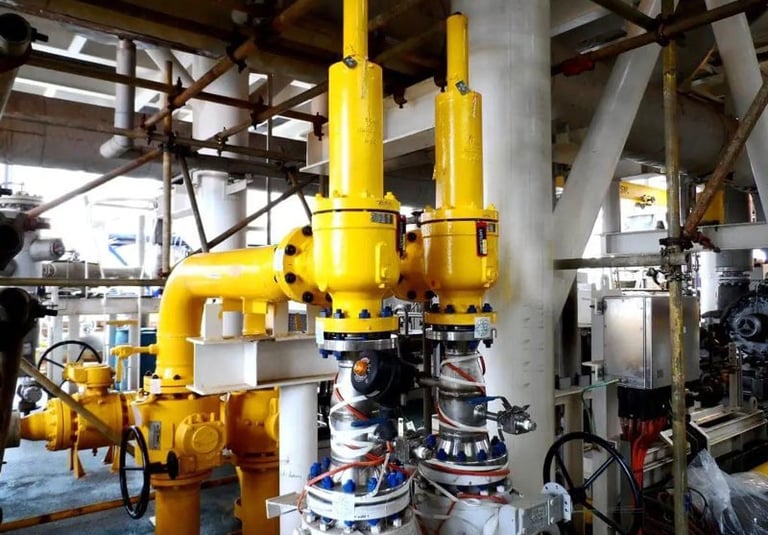
Safety Valve Inspection
Ensure the Operational Safety of Your Safety Valves
Safety Valve inspection is crucial to preventing serious, often fatal, accidents caused by toxic or high-temperature gases and fluids transported through valves and pipelines. To ensure safety and regulatory compliance, it is essential to invest in high-quality valves and conduct regular maintenance and inspections. TECH-INSP specializes in safety valve inspections, providing the peace of mind your company needs.
Workplace Safety
According to occupational safety regulations, companies are responsible for the physical integrity and health of their employees. Preventive measures against accidents and occupational diseases must be implemented, especially in industrial environments where various risks can threaten workers' well-being. Investing in safety equipment at every stage of the process—from design to commercialization—is essential. Industrial valves play a critical role in this safety, making periodic inspections indispensable.


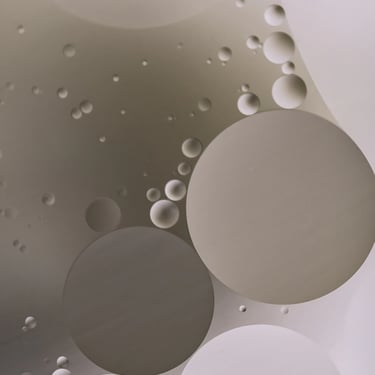
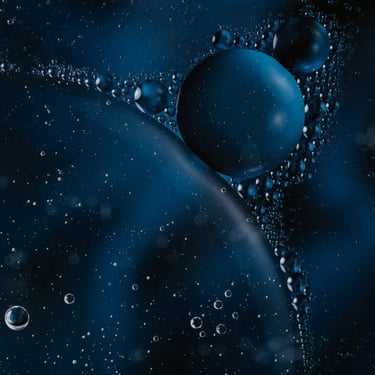

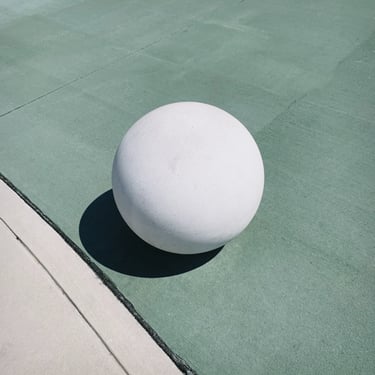
High-Quality Safety Valve Inspection
TECH-INSP conducts safety valve inspections with a high standard of quality. Our procedures are fully documented to verify that the equipment used by our technicians complies with applicable safety regulations.
The frequency of safety valve inspections depends on several factors, such as:
Operational Factors: When pressure levels are high.
Fluid Condition: Whether the fluid is clean or contains residues, and its corrosive potential.
Environmental Conditions: Imminent risks, causes, and consequences of accidents involving gases or fluids.
Previous Maintenance and Inspections: Records of past maintenance and inspections.
Regulatory Compliance: Adherence to current industrial market regulations.
To ensure the safety of your valves, we offer three contract options: annual, periodic intervals, or emergency service. The most suitable contract is determined after our technicians conduct a detailed analysis of the valve’s operational profile.
NR-13 Inspection: A Summary of Procedures by Equipment Type
Pressure Vessel Safety Inspection
Pressure vessels are high-risk equipment designed to withstand internal and external pressures. The inspection involves:
Hydrostatic Testing and Ultrasound: Non-destructive techniques.
Visual Inspections and Safety Device Checks: Applicable to vertical and horizontal pressure vessels, as well as manifolds.
Boiler Safety Inspection
Following occupational safety and health standards, the integrity and installation environment of the equipment are assessed. The inspection utilizes:
Hydrostatic Testing, Ultrasound, and Penetrant Testing: Used to detect potential ruptures, cracks, and fractures.
Inspected Equipment: Boilers, autoclaves, and cooking vessels.
Pipeline Safety Inspection
Pipeline inspections, intended for the transportation of fluids in industrial processes and storage, include:
Ultrasound Measurement and Leak Testing: Ensures proper system functioning, safeguarding the environment, people, and the preservation of health and nature.
Types of Inspected Pipelines: Natural Gas Pipeline, Sprinkler Pipeline, and LPG Pipeline.
Tank Safety Inspection
Internal and external tank inspections are conducted using:
Penetrant Testing and Ultrasound Measurements: Used to eliminate safety risks for employees and prevent environmental damage or financial losses.
Compliance and Execution
The NR-13 Inspection, required by the Ministry of Labor, must be carried out by a qualified team. TECH-INSP excels in preventive maintenance programs, utilizing advanced techniques and is fully equipped to perform the services required by NR-13.
Conclusion
Identifying and mitigating potential issues during the NR-13 Inspection is essential to minimizing financial risks and ensuring a safe operation. Implementing detailed planning, utilizing qualified teams, maintaining proper documentation, and ensuring regulatory compliance are key steps to achieving these objectives.
